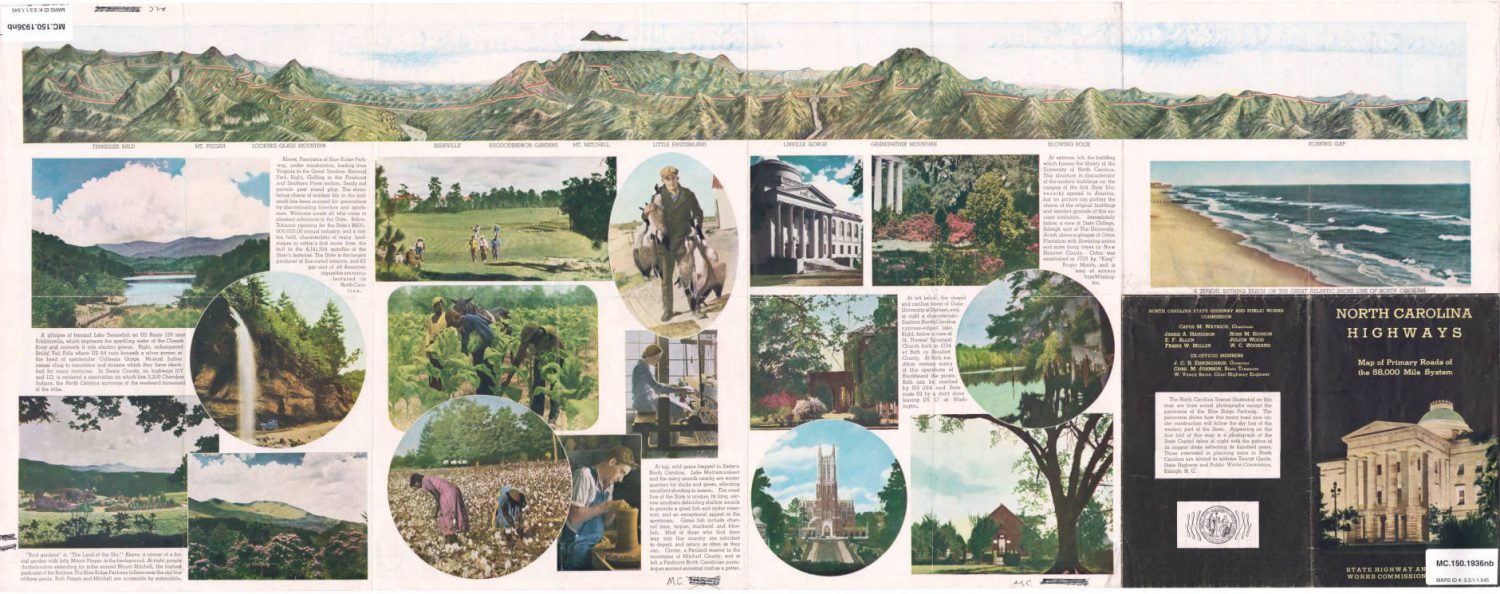BY LARRY E. TISE
“New Voyages to Carolina: Reinterpreting North Carolina History,” edited by Larry E. Tise and Jeffrey J. Crow. Chapel Hill: University of North Carolina Press, 2017. $29.95 paper.
“We need a new narrative for North Carolina’s history!” That is precisely what Jeffrey Crow and I concluded several years ago when we mulled over what legacy we might give the state where he and I have spent decades researching and preserving its past.
We have devoted ourselves to finding and articulating that new narrative ever since. We engaged instead in reading the abundance of articles and books of dozens of authors who have plowed the rich fields of North Carolina’s history over the past 20 or so years. We also engaged many of these historians, journalists, anthropologists, and others in wide-ranging discussions. What we learned is both startling and instructive.
Wars do not explain our state’s history. Nor do the parade of governors and politicians who have presided over the colony and state of North Carolina for the past three centuries. Nor do the cyclical fluctuations in the national economy and monetary supply. To endow these phenomena with benchmark status in our history obscures the unique warp and woof of North Carolina’s past. Nor does it help to busy ourselves in searching obscure moments in history.
We asked harder questions. Why, after all, does North Carolina exist? What should be the true genesis story for this colony-become-state? What happened to the thousands of Indian nations that inhabited this land for thousands of years before Spanish and English explorers rudely and often savagely invaded their fruitful and peaceable kingdoms? What tenet of Christian religion justified the taking of Indian lands, enslaving Indian women and children, and exporting young Indian men in chains to the West Indies? What was it in this same religion that permitted our Founding Fathers to declare that all men were created equal and have a sacred right to life, liberty, and happiness while importing thousands of Africans in chains as chattels deprived of nearly all of those rights?
When other states invested so heavily in building roads, canals, and railroads to deliver their products to global markets, why did North Carolina fail to do the same for its citizens for nearly a century? With such a diversity of peoples and such abundant natural resources, should North Carolina have defied the stampede to disunion chosen by its neighboring states in 1861? Why did North Carolina’s leaders after the Civil War choose to pursue low-wage, nonunion, high-volume manufacturing as the perennial cornerstone of its economic development policy? What was so appealing about the idea of “progressivism” that made it the encompassing and permanent social and political doctrine of North Carolina’s leaders throughout the 20th century and into the 21st century? How has North Carolina maintained its reputation as a “progressive” state despite its weakening support for public education, evasive policies in public school integration and its late 20th century turn to a right-wing political culture?
Irrespective of North Carolina’s modest position in the American nation, it has remained one the most populous and productive of all the states. It has thrived on a rich diversity of European, African, and Indian influences to build a rich environment for music, literature, arts, religious expression, and technical creativity.
North Carolina defies the typical patterns for telling the story of American history. The traditional tendency of batching North Carolina with aggrieved slaveholding states of the Old South and New South centers of commerce does not really work. North Carolina followed its own distinctive route which we have sought to describe in a new chronology that finds continuity between the aspirations of Indian natives and European colonists.
We believe that we have outlined a new narrative that describes the campaigns of those who have inhabited these lands to make use of its extraordinary natural resources, to create a government appropriate to a diverse environment and population, and to unleash a great variety of voices through music, art, and literature. We thus invite Carolinians of all stripes to join with us on these “new voyages to Carolina.”
Members can consult the UNC Press flyer here for a 40% discount!
